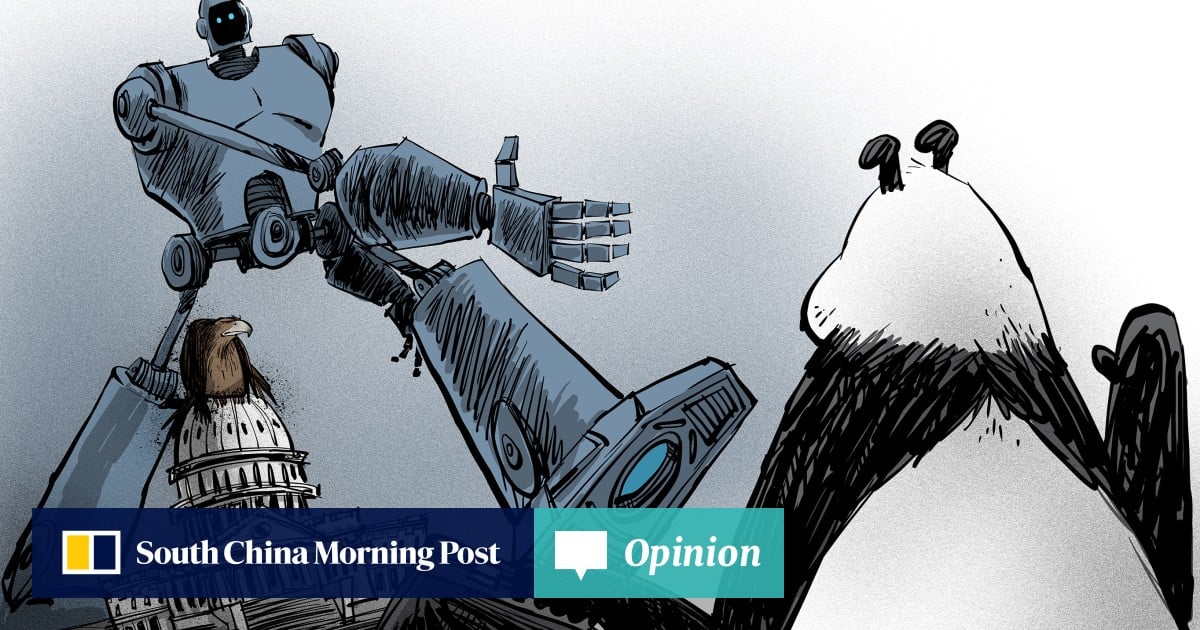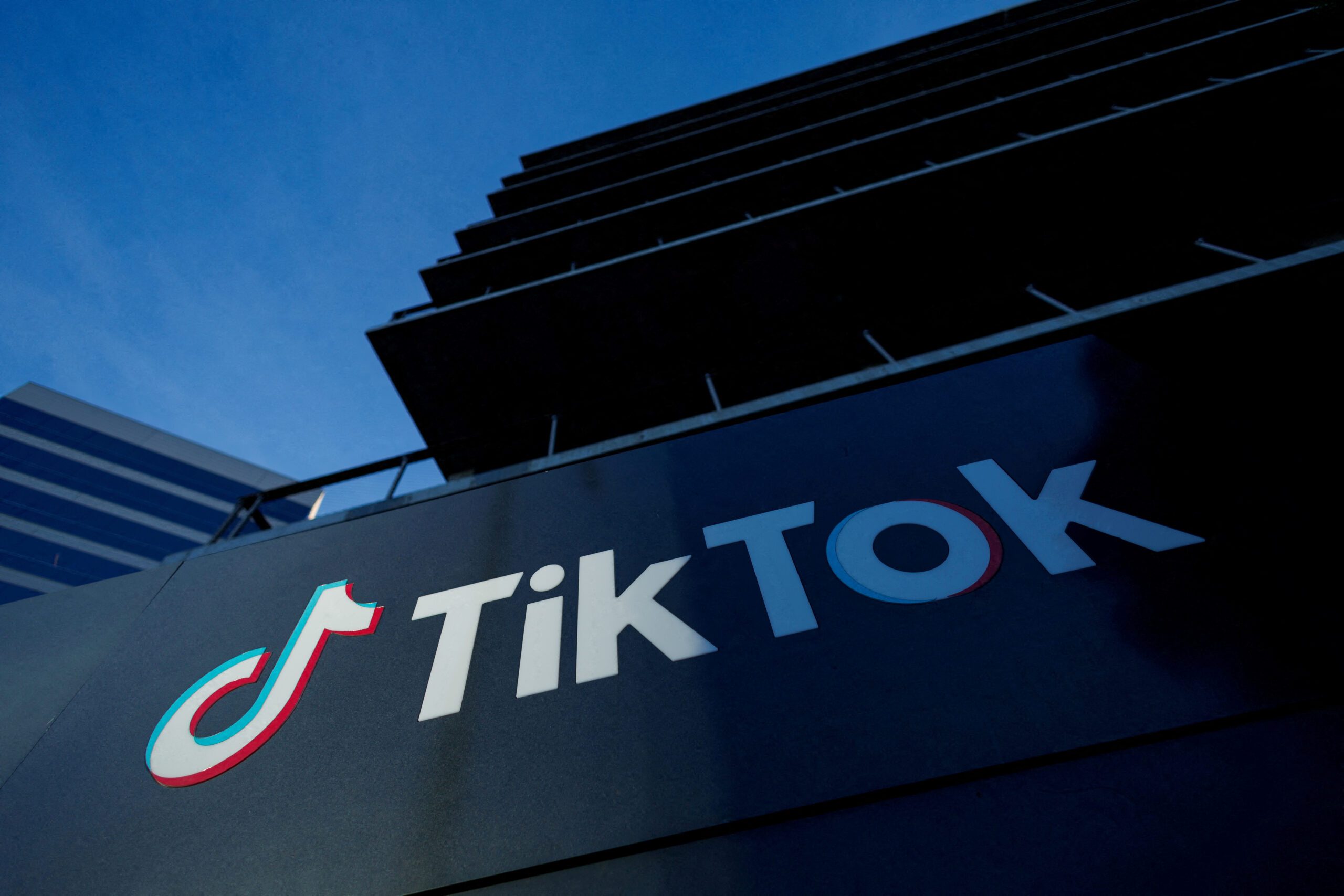HONG KONG, China — On Friday, Hong Kong experienced its busiest day for initial public offerings in six months, underscoring the city’s importance as a listings venue at a time when regulators in both China and the United States are clamping down on mainland businesses’ offshore IPOs. Five firms began trading on the city’s stock exchange after generating a total of $630 million in their initial public offerings, marking the busiest day for IPO listings since January 8. Kindstar Globalgene Technology, Pearlescent Pigment Manufacturer Global New Material International Holding, Property Managers Kangqiao Service Group and Ronshine Service Holding, and China General Education Group are among the newcomers. In early trading, Global New Material surged 20% from its offering price. The other four newcomers, on the other hand, were selling at a discount to their IPO price. According to Dealogic statistics, thirteen businesses have priced Hong Kong offers so far this month, the most since January. According to the data, Hong Kong has seen new listings worth $32.5 billion this year, nearly entirely from Chinese companies, compared to $19.2 billion in the first seven months of 2020. The sustained momentum and investor interest comes as China tightens restrictions on offshore listings in order to deter companies from selling shares in the United States, and strengthens the screening process for local market listings. “For Hong Kong IPOs, we continue to see robust supply and resulting demand from investors,” said Jan Metzger, Citigroup’s Asia Pacific head of banking, capital markets, and advice. “There is a robust acquisition pipeline in place across all industries. Our clients are concentrating on the essentials. Many of our customers continue to find Hong Kong to be an appealing IPO location “The size and diversity of their investor base, as well as the number of peer businesses, provide US capital markets an advantage. Analysts and investors think that, given Beijing’s clampdown, the Hong Kong exchange’s reforms, and the city’s considerable liquidity, Hong Kong is an attractive alternative. As hungry technology and biotech businesses seek money, Hong Kong will be critical. According to Nicolas Aguzin, CEO of Hong Kong Exchanges & Clearing, which oversees the stock exchange, some 70 health care companies have raised more than $50 billion on the city’s exchange, making it the second-largest fundraising location for biotech corporations behind New York. According to him, the exchange has become a centre for new economy enterprises, with new economy equities accounting for one-third of the exchange’s total capitalization, up from 4% three years ago. “In the exchange, you can witness the enormous growth of new economy companies,” Aguzin added. “Everyone understands that businesses want to be where their competitors are.” According to him, this element is already “attracting” players from the region, especially Southeast Asia. According to the exchange’s website, the exchange was examining 179 listing applications as of June 30, with 41 applications submitted just last month. The Chinese government’s crackdown on Chinese companies listing in the United States might divert a large portion of the flow to Hong Kong. The music streaming division of NetEase has filed an initial public offering (IPO) application in Hong Kong. People familiar with the plans claim that Chinese artificial intelligence firm SenseTime and Tencent Music Entertainment, which is already listed on the New York Stock Exchange, are planning to list in the city. The stock of Hong Kong Exchanges & Clearing has risen 10% since China announced the regulatory crackdown on July 1, only days after Didi Global went public in New York. The Hang Seng Index, on the other hand, has dropped 3% in the same time span. Companies with data on more than 1 million users must now apply for cybersecurity permission when pursuing an overseas listing, according to Beijing, a move that will affect nearly all offshore IPO applicants. In response to the regulatory changes, Chinese medical data company LinkDoc Technology canceled its planned IPO in the United States at the last minute. Chinese workout app supported by SoftBank Group According to the Financial Times, Keep was followed, as was e-commerce firm Meicai, according to the South China Morning Post, and Manycore Tech, according to The Information. However, Jianzhi Education Technology Group, a Chinese company that offers an online learning platform and instructional content, filed its application with the Securities and Exchange Commission on Tuesday. In the last year, the United States has likewise increased the hurdles to new listings. Due to Beijing’s requirements, Chinese companies will eventually face delisting if they do not share their audit data with American regulators, according to a planned rule that will apply to practically all U.S.-listed Chinese corporations. President Joe Biden has also up the pressure on China. Following allegations of ties to China’s military, Biden signed an executive order forbidding U.S. residents and corporations from investing in 59 Chinese enterprises. China Mobile and other Chinese telecom businesses have been delisted from American stock exchanges. As a result of Washington’s pressure, corporations are rushing to list in Hong Kong for a second time as a safety net against delisting. According to data published by Nikkei Asia, U.S.-listed Chinese companies such as Alibaba Group Holding, JD.com, and Baidu have raised more than $37 billion through new Hong Kong listings since late 2019. “The Hong Kong IPO market for the second half of 2021 appears to be promising,” said PwC’s Hong Kong entrepreneur group leader Benson Wong. “The Hong Kong IPO market is projected to continue to strengthen in terms of investor sentiment. The robust demand for IPO financing is expected to continue.”/n
Read MoreHong Kong’s hot market eyes busiest day for IPOs in six months
2021-07-16T02:33:31-04:00July 16th, 2021|





